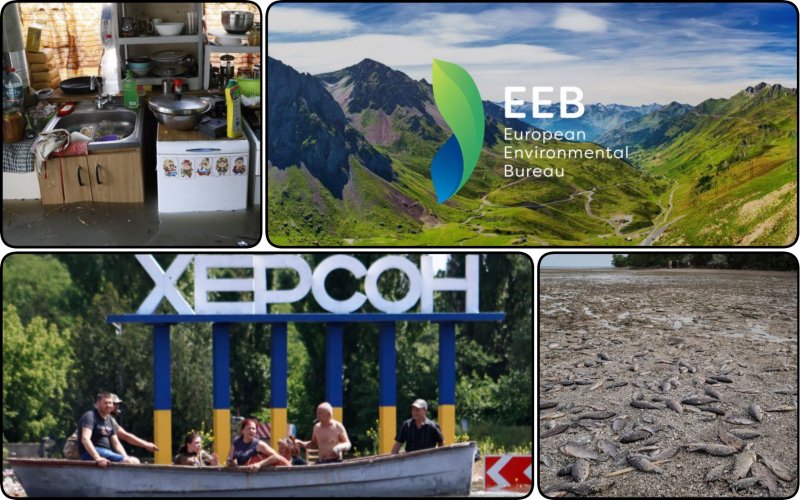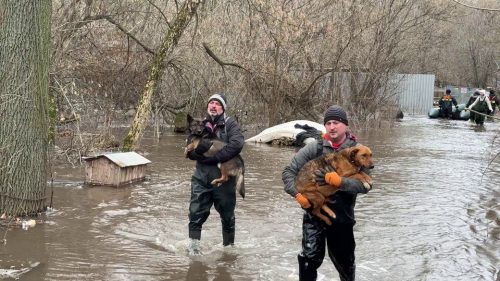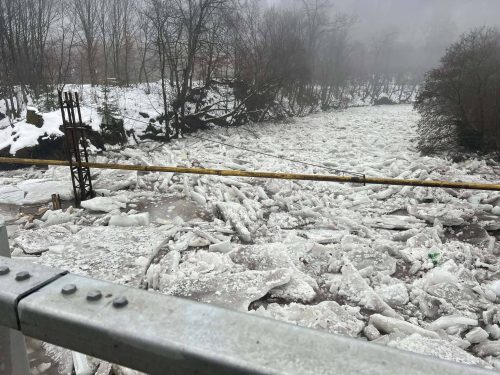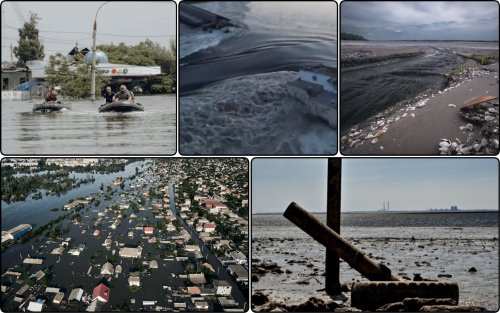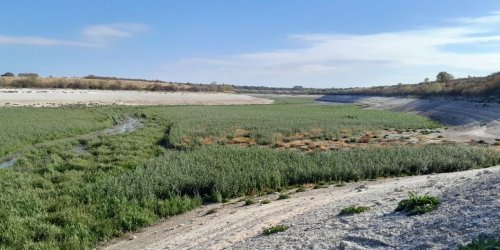The European Environmental Bureau published a statement regarding the blowing up of the Kakhovskaya HPP, in which it deeply condemned Russia for its aggression, which led to extraordinary environmental and humanitarian consequences.
The agency called on the UN, the International Criminal Court and its member states to consider the destruction of the dam as a war crime against the civilian population and ecocide on the territory of Ukraine and beyond, the statement said.
"We share the concern that the destruction of the dam means unprecedented environmental damage and long-term consequences for Southern Ukraine and the Black Sea region. This has already led to the displacement of tens of thousands of people and the cessation of the supply of drinking water," the statement said.
The EEB emphasized that undermining the Kakhovskaya HPP carries the following threats:
- contamination of large areas with sewage, chemical and fuel leaks;
- additional danger in mined areas;
- increases the threat to the safety of the Zaporizhzhia NPP;
- leaves agricultural land without irrigation;
- causes serious damage to vulnerable ecosystems in the river system of the Dnipro and the Black Sea.
They called on the international community, including the International Criminal Court, to investigate the destruction of the dam and assess this act of war as war crimes, crimes against humanity and ecocide.
"The guilty must be brought to justice. Such actions, committed against the civilian population in the conditions of Russia's illegal occupation of part of the territory of Ukraine and its ongoing military aggression, violate the fundamental principles enshrined in international agreements relating to human rights, humanitarian law and the protection of nature and the marine environment," the statement reads.
The agency also called on the international community, in particular the EU and its member states, to help Ukraine in:
- full assessment of the environmental consequences of detonation;
- protection of human rights and the environment, in particular access to drinking water and sanitation;
- reduction and mitigation of consequences;
- environmental restoration.
It is noted that the EEA and its members are ready to support Ukraine on the way to green post-war recovery and reforms, in particular in environmental legislation, necessary for EU membership.
Earlier, EcoPolitic wrote, that on the night of June 6, the Russian occupiers blew up the dam at the Kakhovska HPP. According to OSINT researchers, the environmental and economic consequences of the destruction of the Kakhovskaya HPP can be equated to the consequences of using tactical nuclear weapons of 5-10 kilotons.
Previously, EcoPolitic analyzed why the destruction of the Kakhovskaya HPP is already being called the greatest possible man-made disaster of the 21st century.

